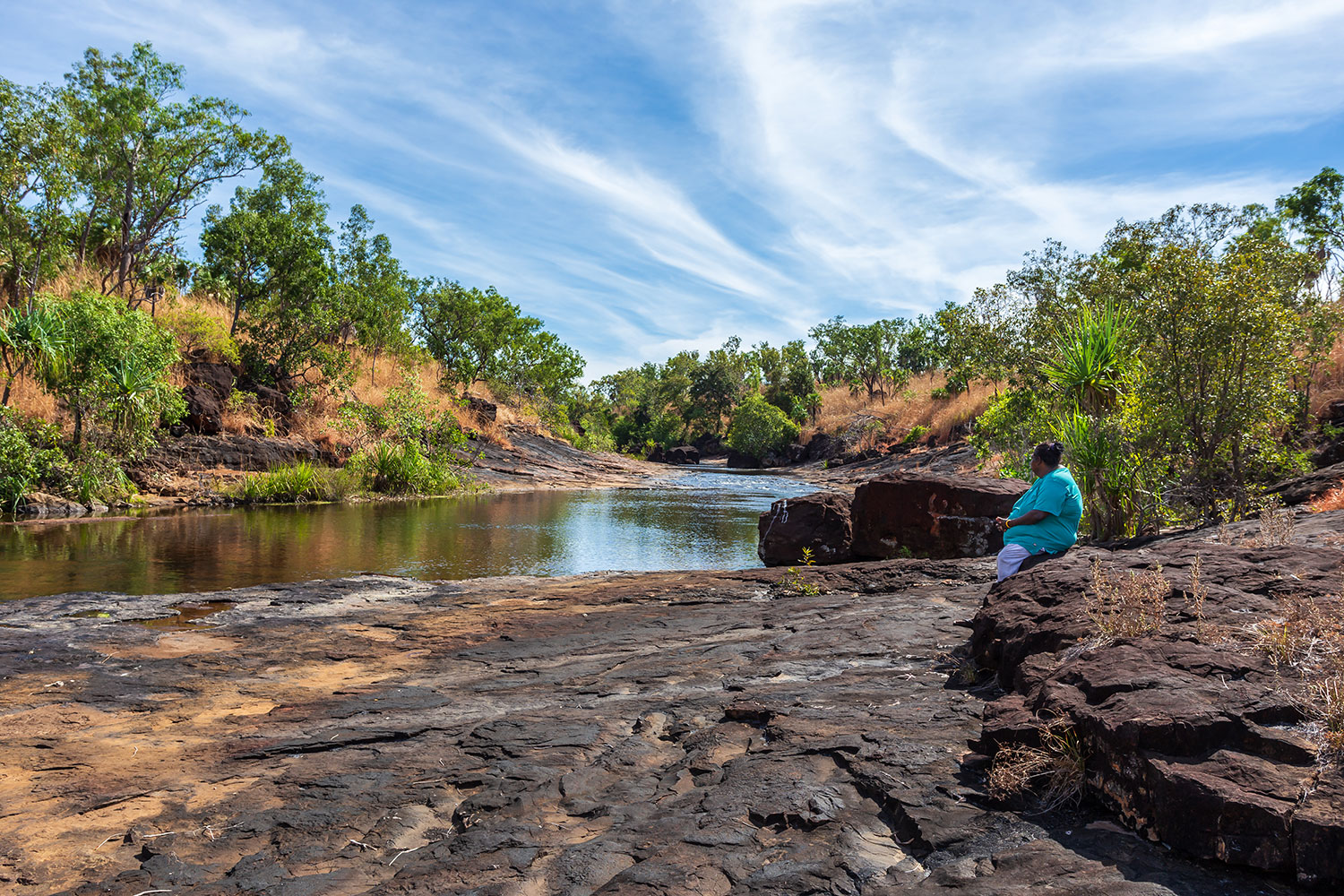- SIWI – Leading expert in water governance
- /
- Latest
- /
- Analysis of NDC enhancement: Integrative approaches
Analysis of NDC enhancement: Integrative approaches

As well as an increased inclusion of water measures within different sectors, enhanced NDCs contained more measures and activities with a more integrative approach, on both national and subnational levels such as river basins.
Integrative approaches include Ecosystem Based Adaptation (EbA), Nature Based solutions (NBS), water governance, water security, and basin planning. Basin planning, or equivalents, was found in approximately 60% of enhanced NDCs.
Nature based solutions
Nature Based Solutions is a good example of an integrative approach. The term was not used in the first version of most NDCs, although many of them included activities that would fall within this concept, such as those around undertaking ecosystem management to support provision of ecosystem services. In this round, almost half of the enhanced NDCS by developing countries explicitly used the concept of nature-based solutions in reference to both adaptation and/or mitigation measures.
This focus on NBS was complemented by the increase inclusion of material around the protection and enhancement of broad water-related ecosystems such as wetlands, peatlands, seagrass meadows, marine ecosystems, and mangrove forests. Measures around mangroves were found in 65 percent of states that host mangrove ecosystems, with some parties seeing an extensive role for mangrove forests in their emission reduction plans. 50 percent of enhanced NDC included measures in relation to wetlands and peatlands.
Water security
Water security is another concept that saw increased recognition. In the first round of NDCs, approximately 10 NDCs made references to water security. In the most recent round, this number more than tripled, most notably in Latin America and the Caribbean region. Many of the new water security concerns and measures were closely connected to an increased focus on watershed or catchment management activities, which was once again very prominent in the LAC region.
Integrated Water Resource Management (IWRM)
Many enhanced NDCs from developing countries included measures around Integrated Water Resource Management (IWRM), often in tandem with activities such as basin planning, watershed management, water security and other measures. The number of parties including specific IWRM measures more than doubled compared with the earlier round of NDCs. This was most evident in Sub-Saharan Africa, where most enhanced NDCs envisaged a strong role for IWRM in addressing water-related challenges.
Other posts in the series
This blogpost is part of a small series that looks at the way that water and water-related activities have been included within the most recent round of Nationally Determined Contributions (NDCs) prepared in the lead-up to COP26 in Glasgow, United Kingdom.

Analysis of NDC enhancement: Possible gaps
- Water and the 2030 Agenda
- Water and climate
- Transboundary Water Cooperation
- Water cooperation

Analysis of NDC enhancement: Increased role for water and water-related activities
- Indigenous knowledge
- Water and the 2030 Agenda
- Water and climate
- Gender and water

Analysis of NDC enhancement: First impressions
- Water and the 2030 Agenda
- Water governance
- Water and climate

Analysis of NDC enhancement: Foundations
- Water and the 2030 Agenda
- Water and climate
- Indigenous knowledge
Most recent

Bridging Borders: A Conversation with Meike van Ginneken
- Transboundary Water Cooperation
- Water cooperation
- Water and Peace
- Water diplomacy

Transforming relations through WASH access
- Water, Sanitation and Hygiene (WASH)
- Water and Peace
- Resilience through water

How can we make the manufacturing of antibiotics safer?
- Health and water
- Pharmaceuticals and water
- Wastewater

Reflections from World Water Week 2024: Unlocking Water Cooperation Solutions
- Human rights and water
- Indigenous knowledge
- Transboundary Water Cooperation
- World Water Week

SIWI’s five takeaways from World Water Week 2024

Don’t resolve an issue, embark on a mission: Henk Ovink

Indigenous Peoples’ knowledge to break down borders and challenges

